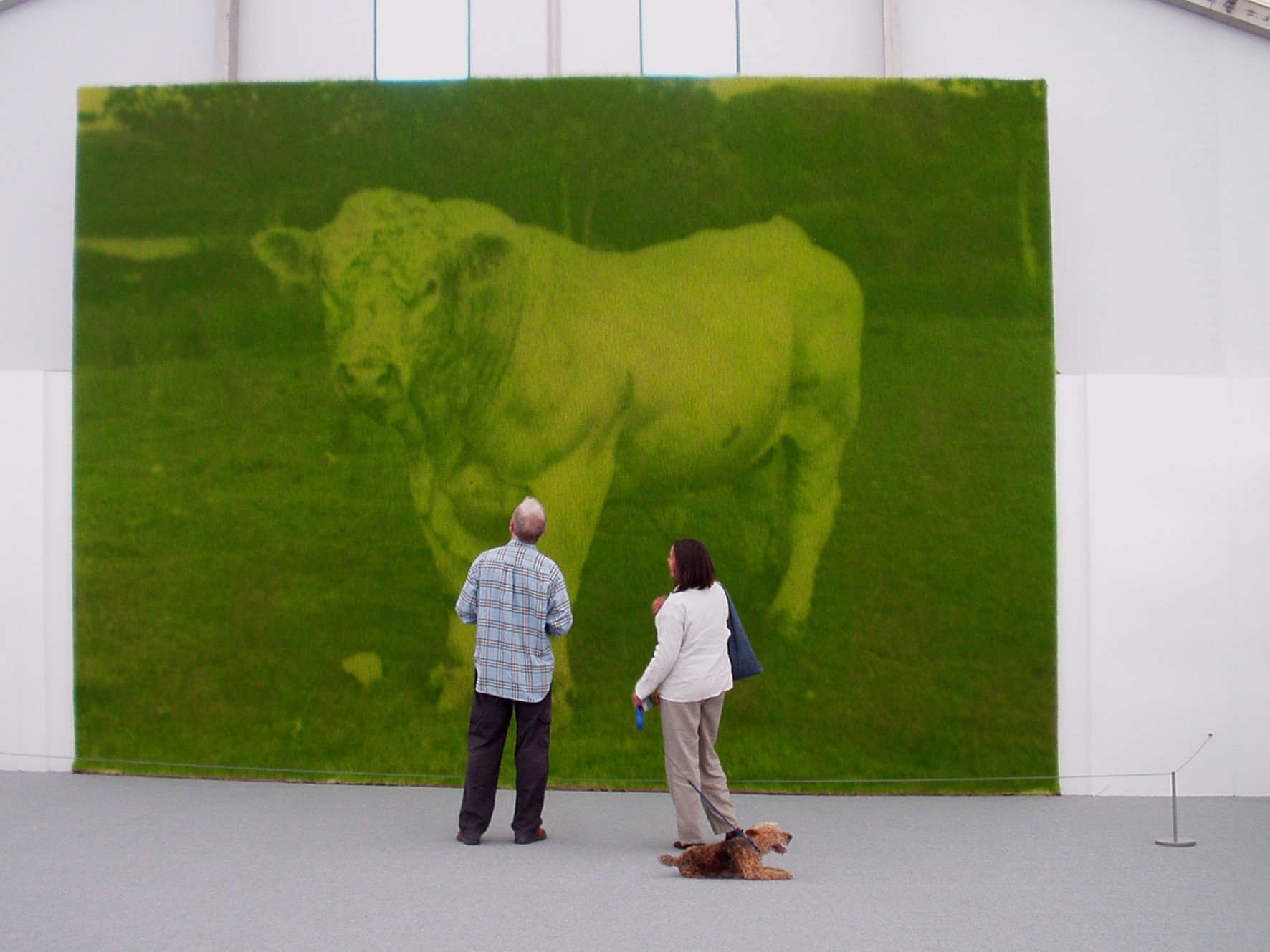
Mindset
Personality
Demoderinze
Demodernizing does not mean rejecting all aspects of modernity but rather a critical examination of modern life and a selective encorporation of beneficial older values and practices. Rejecting the modernist distinction between nature and society and questioning the effects of capitalism on people, society, and nature, to rediscover the understanding of the interconnectedness of human societies and their environments. Demodernizing encourages a non-anthropocentric view of the world where natural and social phenomena are intertwined.
The struggle we feel shows how complicated it is for everyone to agree on environmental issues and adapt. This struggle becomes clearer as we reach critical stages where difficult decisions have to be made. It pushes society to look for deeper meanings in life and find new ways to live that are better for the planet. To a certain degree, our entire future may depend on learning to listen and to do so without assumptions or prejudice.
Being aware of the fragility of life can make us think deeply about our lives and reassess what is important to us. We start to see our place in the world differently and pay attention to things we might have ignored before, emphasizing the importance of holistic well-being, collective action, and sustainable practices. It is movement from a place of abundance to moderation taking into account values such as community engagement, and responsible spending.
As we face big environmental changes, the insights we can obtain from different cultures can be very useful. They teach us that there is no distinction between nature and culture, we can reconnect what capitalism has divided. By learning from cultural practices, we can find better ways to live that take care of the Earth and make life better for all.
Examination
Perspective
Friction
Cultural change
Photo by Lanson Place
Photo by unknown
Photo by Geoff Wilkings
Work
Regenerative
Work has to align with personal values, the importance of aligning with companies that share similar values has never been more important. Companies can be agents for positive change in the world, setting examples for how businesses can operate responsibly and actively pursuing systemic change. It calls for a conscious letting go of harmful practices, a proactive embracing of innovative solutions, and a commitment to act from a place of ethical values.
Those motivated by the desire to make a meaningful contribution to society seek out collaborations that are not only professionally rewarding but also socially and environmentally beneficial. This drive towards creating a lasting impact through relationships encourages a shift in corporate cultures towards more sustainable and community-oriented practices. This highlights the potential contribution of businesses for the greater good.
By embracing holistic approaches and learning from the natural world, we can forge stronger connections and build systems that prioritize collective well-being over individual gain. Adopting the mindset of gardeners, nurturers, and tenders of abundance encourages us to view challenges as opportunities for learning and growth.
Regenerative practices reflect a holistic approach that goes beyond sustainability to include restoring, renewing, and revitalizing sources of energy and materials. It implies a continuous, positive impact on the environment and society, aiming not just to reduce harm but to actively improve and contribute to the health and well-being of our planet.
Knowledge
Letting go
Learning
Growth
Active
Connectedness
The act of slow running is not just about reducing speed but also about cultivating a deeper connection with one’s body and the surrounding environment. Weighted walks add a physical dimension to the mental and emotional benefits of movement.
The connection between physical movements and mental well-being is important. Engaging in practices such as Vipassana meditation and non-judgmental self-observations paves the way for enhanced awareness and clearer thinking. Traversing historic pathways, whether ancient trade routes, Roman roads, or pilgrimage trails toward sacred destinations offer a unique blend of physical activity and spiritual journeying. It stands in stark contrast to the sedentary lifestyle that has become all too common, where prolonged sitting has detrimental effects on our physical and mental wellbeing.
Ultra-races also belong to this mindset, challenging mind and body through extreme sports. Contact with mud, exposure to the changing weather, and the experience of sunrise, the moon, and the stars enrich the outdoor experience. These elements remind us of our connection to the larger world and encourage a sense of presence often lost in daily life. Activities such as trail running, walks, trekking, and bike packing extend the opportunity to interact with nature, providing unique experiences that ground us in the present moment.
Building a community through sports and outdoor activities creates a sense of connection. The communal aspect can foster a supportive environment where people can encourage each other to be active. By participating in group activities, people not only benefit from the physical exercise but also from the social connections, making the practice of well-being a shared, collective experience.
Slow
In nature
Reflection
Together
Toko Kopi Tuku, running club, Indonesia
Spending
Reprogramme habits
Changing our habits and the way we live is essential for creating a better future. Instead of focusing on buying and consuming more, we can find joy and fulfilment in other activities. Activities such as spending time outdoors, exploring hobbies, and being with friends and family all can enrich our lives far more than the latest purchase.
By choosing activities that connect us with others and our environment, we not only reduce our impact on the planet but also build stronger, happier communities. This shift away from constant consumption offers a path to a more sustainable and contented way of living, where the emphasis is on experiences and connections rather than owning more things.
The viability of traditional livestock farming and meat consumption at its current level is under question. Consuming and producing less are essential to protect the environment. People are seeking more meaningful connections with their purchases, moving away from consuming without thought. By setting limits on our consumption and production, we can reduce our environmental footprint and make choices that are in harmony with the Earth’s capacity.
Imagine a future where society looks after the long-term good rather than just focusing on short-term benefits. We often focus on what brings immediate rewards, ignoring what is better for us and the planet in the long run. Changing this focus is key to building a future that is better for all.




















